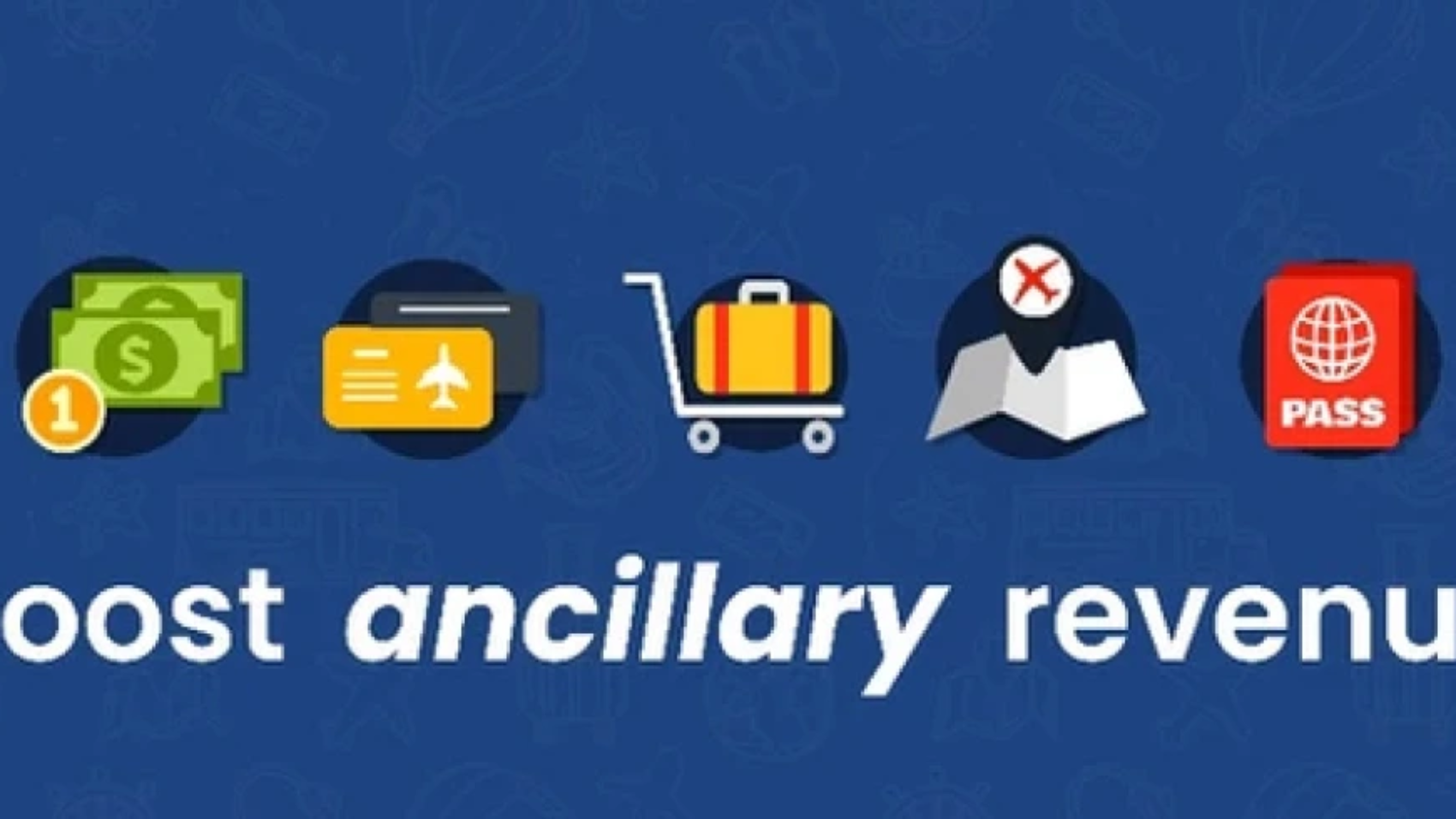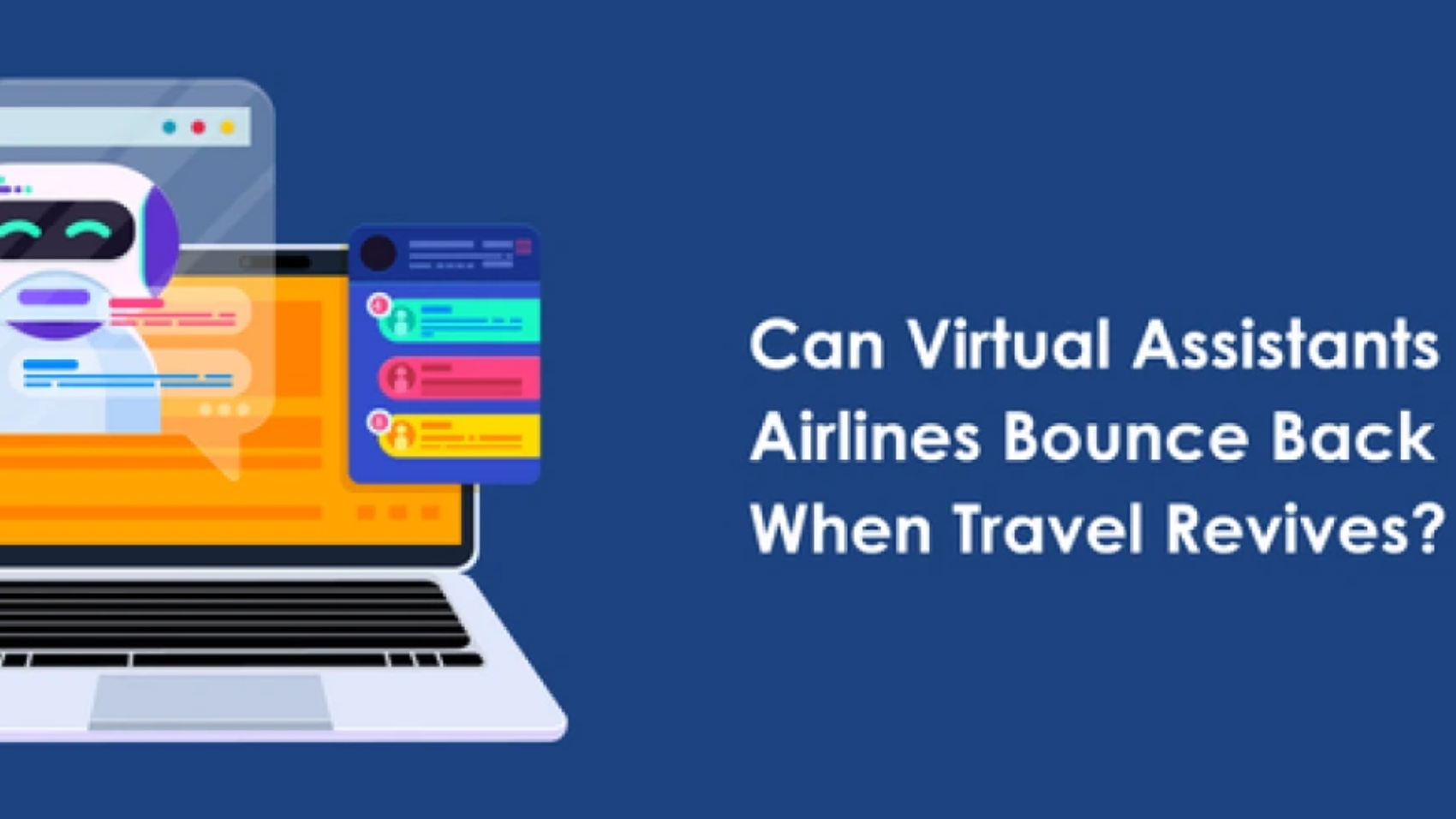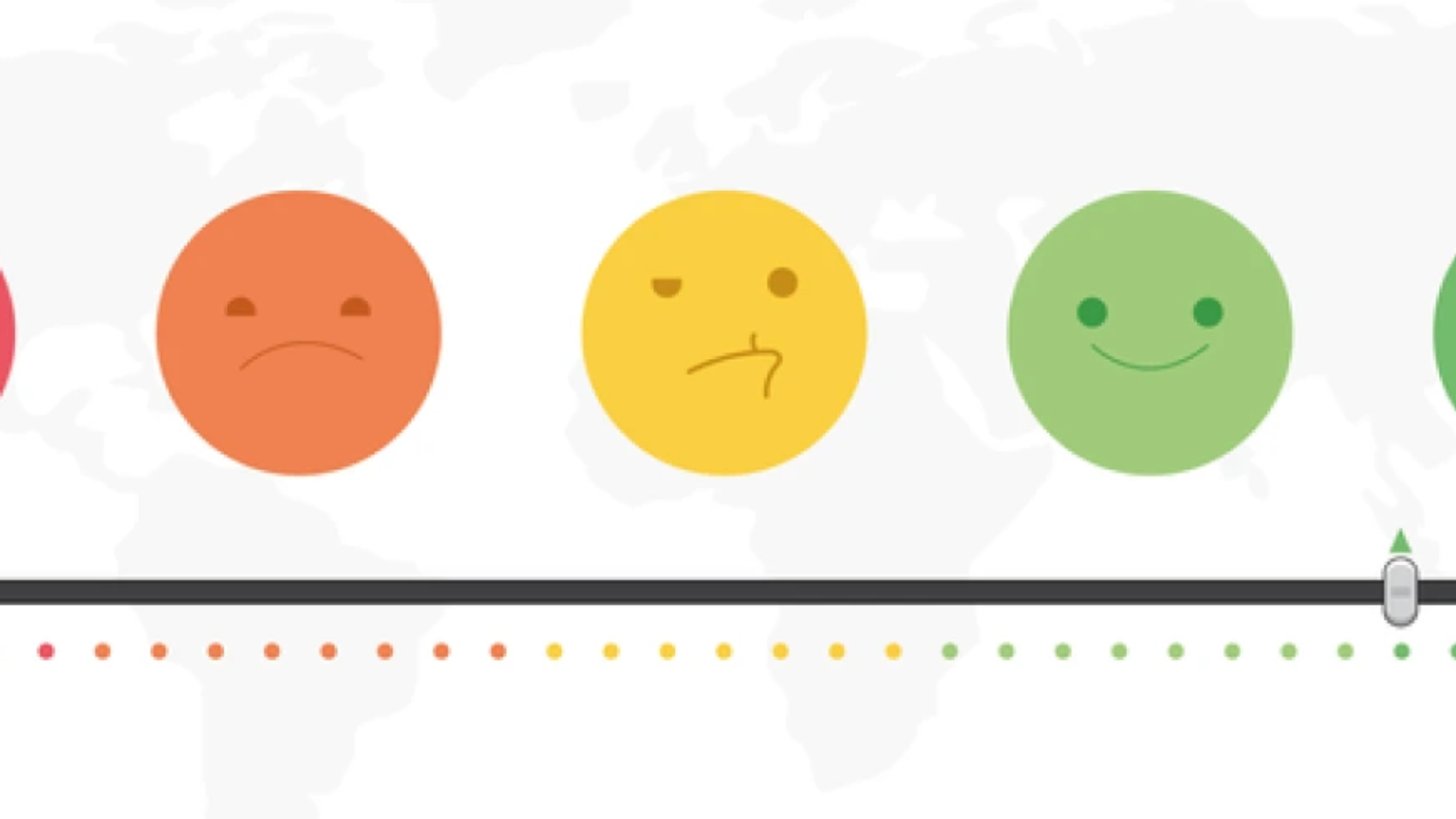“Alexa, find me the best prices on flights to London.”
Gone are the days when customers reached airlines and travel agents through only phone, email, or the company website. Everyone’s house is filled to the brim with “smart devices” that can be used to make inquiries, book tickets, or even raise complaints. There are numerous instances of customers reaching out via WhatsApp, social media direct messages, and even the comments section of a promotional post on social media.
Customers seamlessly switch between devices, and they alternate frequently between various modes of search, so they expect you to be reachable no matter what channel they use. Further, they expect to be served in the medium in which they reached out to you. For instance, they’ll be upset if they reach you via Facebook Messenger, and you send them off to fill a Google Form or redirect to a website.
But most importantly, they expect personalization; customers wouldn’t appreciate any automated messages that say you will look into the matter or directs them to your website or gives them an email/phone to reach when they want a resolution through social media.
If you are eager to cater to modern passengers and provide them with a delightful experience, getting an omnichannel CRM is the way to go.
With an omnichannel CRM, you can handle customer interactions from all channels in a single platform, resulting in a seamless customer management process.
Why omnichannel CRM is the future
A specialized travel CRM can go a long way in bolstering your customer management efforts by helping you connect with clients across multiple channels, help them make bookings, get relevant travel information, and resolve any queries they may have.
Equipped with such a tool, you can:
Provide exceptional customer experience:
You can delight customers by rapidly responding no matter which platform they use to reach you. It is possible to configure the CRM to automatically assign agents to handle the customer or person inquiring or respond with a personalized canned message.
Owing to fast response times, and the ease with which customers can access the information they want, it is undeniable that you will get more bookings with minimal effort.
Capture customer data in a pain-free manner:
With a travel CRM that uses AI, you can rest assured that the tool will capture important customer details to build a profile for them that can be leveraged by you to offer personalized products. Also, you can use this contact information to reach the customer with relevant offers and information about travel.
Make the life of customer support agents easier:
Since requests from all platforms will be accessible in a single place, customer support agents don’t have to waste time searching for customer information. Since the CRM can also send personalized messages, the support agent can spend his time dealing with complex requests that can’t be automated.
Enable self-service and buying:
With the right CRM, you can improve your sales drastically by providing customers with the ability to serve themselves. You can do so by making use of canned responses and AI-powered chat and even knowledge bases filled with necessary information.
Automate time-consuming, tedious work
When it comes to serving customers, speed is key. Using a powerful CRM, you can deal with customer requests easily, as the tool will automatically assign the best possible agent. The software will further take care of preventing agent collision, which can be something that slows down work and serves to embarrass the company.
Conclusion
VoyagerAid travel agency CRM is equipped with all the necessary features to take the customer engagement efforts of airlines and travel agents to the next level and prepare you for the future when travel is set to pick up exponentially. With it, you can make sure that you leave no customers behind and upsell to the maximum extent possible via all your channels.




